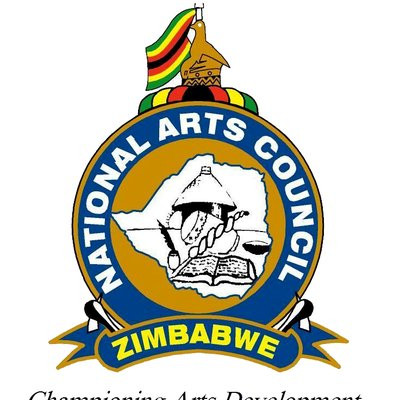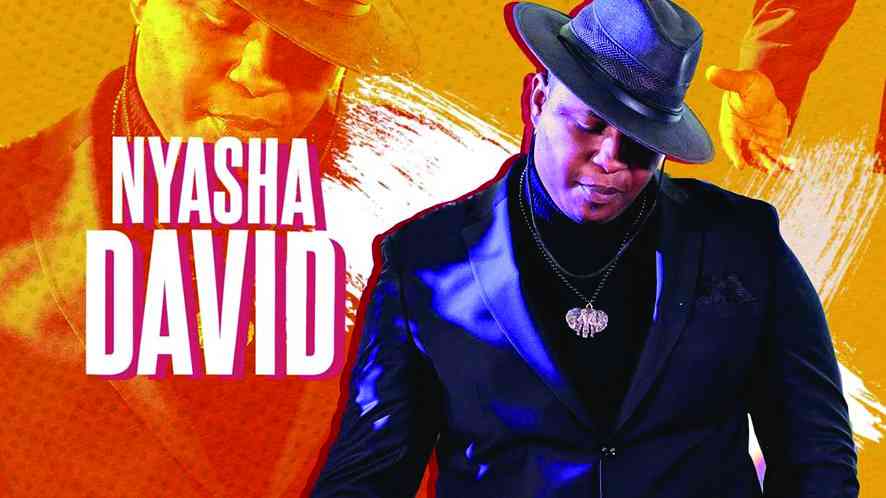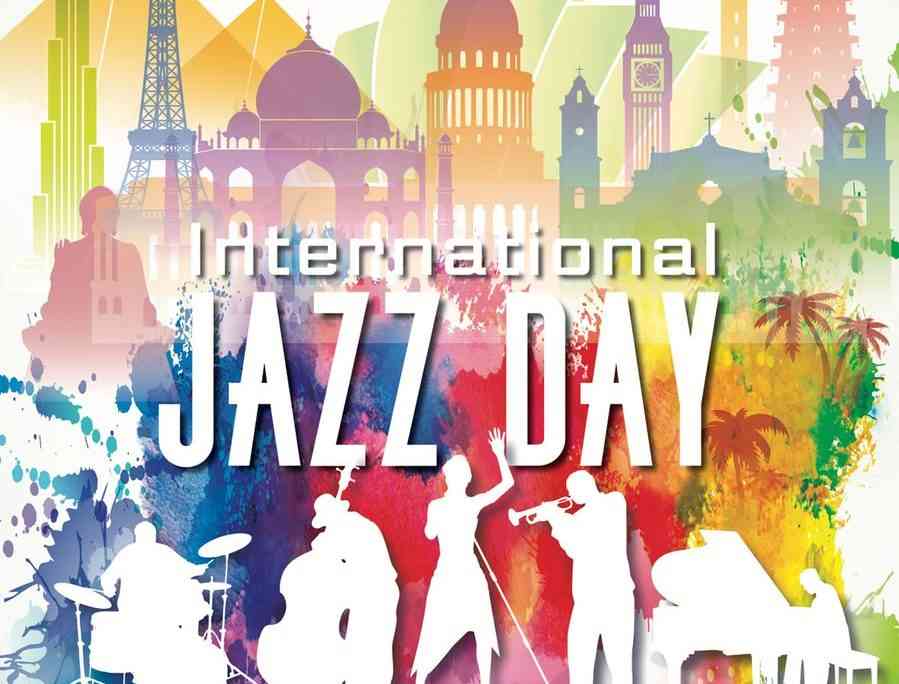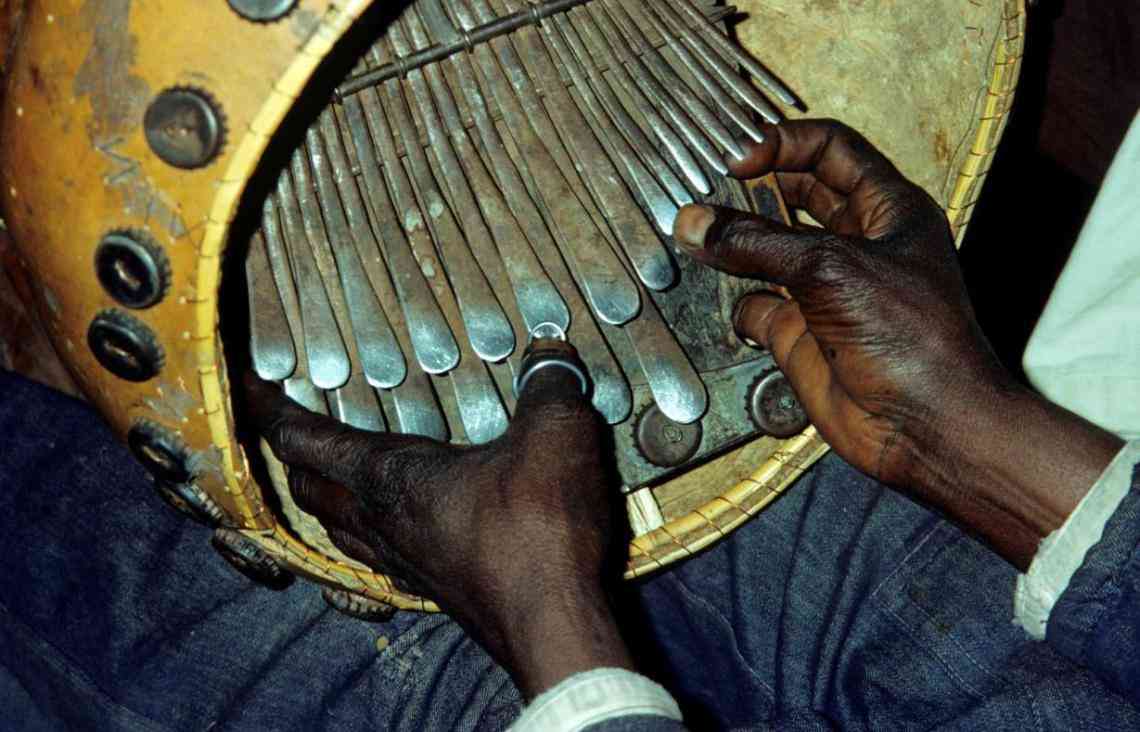
Between the Lines: Beniah Munengwa
Title: The Voice of a Bitter Woman AUTHOR: Bridget Anesu Zuze PUBLISHER: McWord Books (2017) ISBN: 978-0-7964-7255-6
THE conception has always been that females are more likely to be placed in unpleasant social situations than their male counterparts. As a result, there is an argument that women fail to realise their full potential in the face of these stringent conditions.
A Rhodesian system that only allowed for bachelors to reside in the city, thereby relegating women to rural livelihoods, is credited for being one of the main causes for many a parent’s preference to educate the boy over the girl child.
Literature has been used since time immemorial to diffuse and infuse social normative practices. In our context, writers like Tsitsi Dangarembga and Yvonne Vera have written novels intended at levelling the gender playing field.
Today, women writers continue to pop up, with the Zimbabwe Women Writers Association playing a vibrant role in supporting such projects. Of course, the vibrancy of the new crop of writers might not meet that of the aforementioned scribes, but their presence needs to be recognised, for with that will emerge a better social state that cuts across the gender divide.
One such project is one close to perfect exposition by one young female author who goes by the name Bridget Anesu Zuze. The project’s name is The Voice of a Bitter Woman. If I’d love to bother about the presentation quality or the editing quality in Zimbabwean books, maybe I could have only be reserving my eyes for a few venerable projects, projects that have come from the hands I trust.
Thus, I allow my eyes to delve through Zuze’s work because the subject that it carries is of national interest. The Voice of a Bitter Woman is a third person narrative that tells the story of a troubled and lonely Mara, a girl who eventually finds solace in sharing company with a wild dove.
- Chamisa under fire over US$120K donation
- Mavhunga puts DeMbare into Chibuku quarterfinals
- Pension funds bet on Cabora Bassa oilfields
- Councils defy govt fire tender directive
Keep Reading
As the title suggests, the text is a collection of bitter lamentations and slim openings of hope in the lives of those imprisoned by poverty-induced circumstances.
In line with the title’s inclination, when Mara finishes her Advanced Level studies, she fails to collect her final results because she owes her institution fees. As a result of that situation, she is deprived of a chance to realise the full potential of her prospects in life — that of using the results slip as her guiding stick.
She contemplates and wishes if she was in situations like some of her peers, who seemingly appear to be making it in life. In this moment of breakdown, she contemplates marriage as an option that can solve her problems. To Mara, all of these problems are a result of her being female in a world that favours and gives unfair advantages to males over females.
In town, Mara met another troubled girl, Anesu. Anesu confessed to her that she is now a street child because after her parents had succumbed to the Aids pandemic, her remaining guardian, her grandmother, wanted to marry her off to a polygamous man in return for a financial bailout as she was exposed to hunger and starvation.
Another woman, Bianca, also could not be treated of her ailments because she had not cleared her hospital bill after she gave birth to her child.
To the author, women faced troubled-lives, especially ones riddled with poverty, which she described as an imprisoning socio-ecomomic and political condition. But is the woman still this degraded in this century, maybe a bit not?
What strikes me to discredit Zuze’s full account is the absence of a single support structure in Mara’s life. The reader is only gifted with a chance to know of Mara’s room and her interactions with the ‘God-sent’ dove. All cases are captured at their breakdown point, and there is no ray of tangible hope emerging. There are no other persons present to offer help in her times of need, something that brings the legitimacy of the narrator’s voice to question.
It is like Mara lives in a jungle of her own, away from civilisation. However, one other slant that may help in explaining her bias is that, to her, society is an enemy that could be omitted and done away with, if a girl child is to thrive. Nature thus stands as a romanticist escape route, through which one gets to find peace and solace as well as a nest to help her incubate her goals.
But in whatever regard, the right of either a boy or a girl child remains a strong cause of concern and a goal that has to be upheld. Speaking out remains one of the best therapeutic methods to shed off elements of bitterness in society, hence Zuze’s efforts deserve the same amount of weight as she deals with a matter that affects society’s progression.
Beniah Munengwa writes in his personal capacity. He can be contacted on [email protected]











